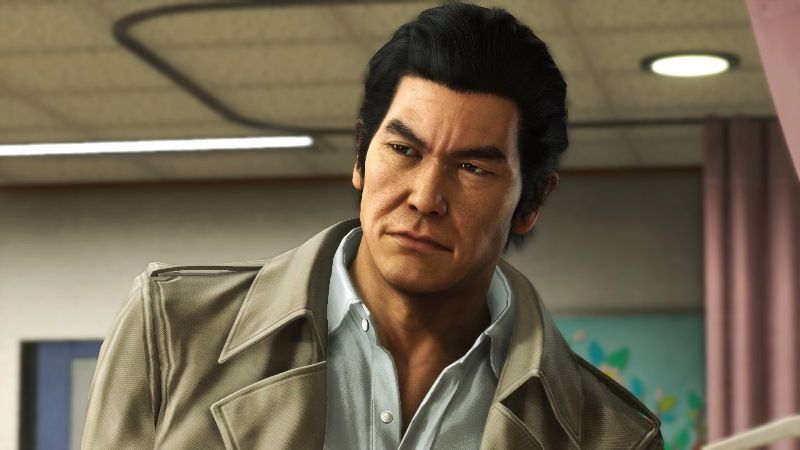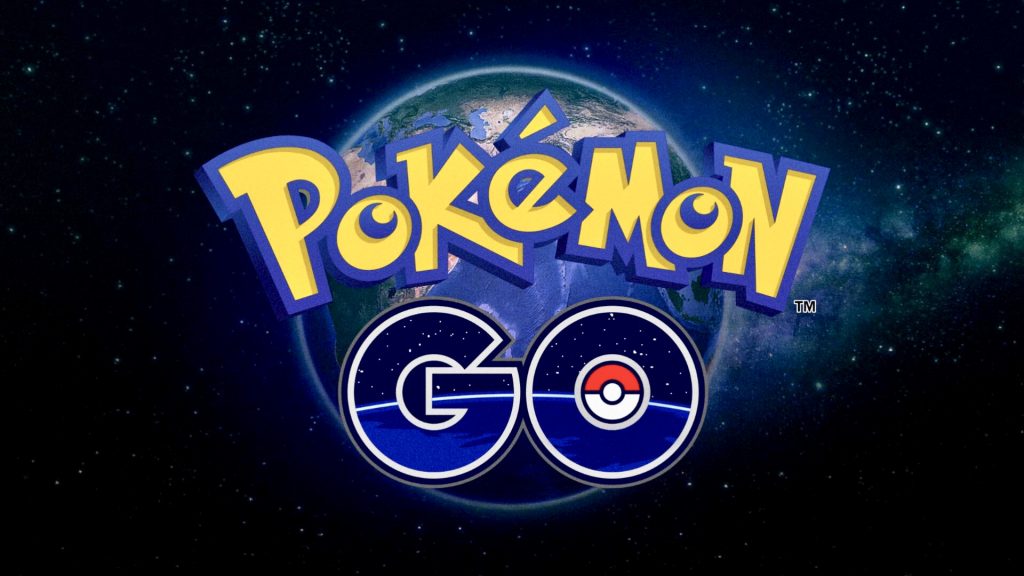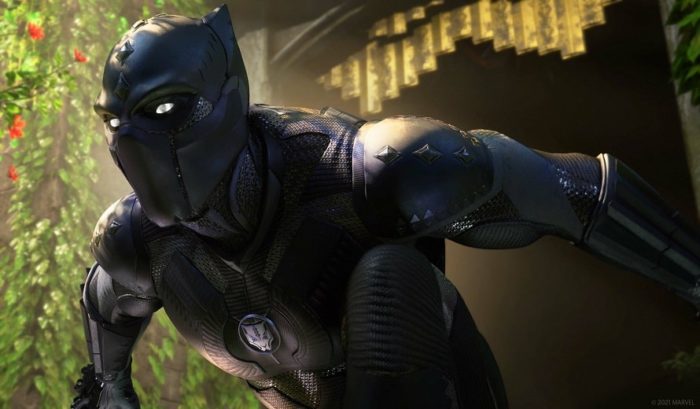
It feels strange to write a piece on how games depict journalism as a literal games journalist. While I’m not an investigative reporter who breaks crime rings and exposes mafia bosses, I believe journalism based on video games is a seminal part of understanding how our culture is evolving. Games are an art form that is developing at an exponentially rapid pace with every year that passes, but it’s also immensely lucrative and so ridiculously ubiquitous that everyone from the age of five to 75 knows that the plump little moustachioed plumber man says “Woohoo!” All forms of journalism are important – the Yakuza series understands this.
I’m always a bit sceptical about how journalists are depicted in media. Mass Effect’s reporters are annoying little shits who resemble tabloid hacks, and there are no decent, self-respecting writers to balance that out. All kinds of films and TV shows depict reporters as extraordinarily well-paid and pompous arseholes, but I was trading in chump change at a dingy little pub over the weekend. There’s too often a kind of glamour and obnoxiousness attributed to fictional writers that just isn’t representative of their counterparts in reality, which is why I think a lot of people get so annoyed at journalists – the media they consume paradoxically distorts their view of the people who critique it, report on it, and, a lot of the time, actively contribute to its creation in the first place.
Related: Yakuza Kiwami 2's Majima Saga Is A Masterpiece
I started Yakuza 3 late last week and was shocked to learn that Date-san works for a paper now. For those unacquainted with the series, Makoto Date is a detective for Tokyo PD’s Division Four who is first introduced in Yakuza Kiwami, the modern remake of the first Yakuza game (not counting Yakuza 0, which is a prequel that launched just a year before the Kiwami remake).
Date is one of Kiryu’s most trusted friends in the Yakuza series. Despite meeting as opposites – a revered detective and a feared yakuza – they collaborate on cases that neither organization is interested in properly dealing with. Yakuza often feels like a series where aside from a few trustworthy and respectable people, everyone is against you. The Tojo Clan is against you. The police are against you. The citizens of Kamurocho and Sotenbori are against you. Despite being the one person trying to prevent cataclysmic crimes from happening, nobody gives a rats about anything you do, to the point where the only means of accomplishing your goals is usually to leave everything behind and set out on your own. If I had a dollar for every time Kiryu says “This is something I need to do alone,” I’d probably have, like, a grand, or something.

This is what drives Date to become a reporter. He was already an ex-cop before this, mind, having left the force at the end of Kiwami, but he’s still working with the police on a secret, freelance basis in Kiwami 2. When Kiryu first encounters him in Yakuza 3, his iconic grey suit is stained with Kashiwagi-san’s blood. The police consider Kiryu a prime suspect given his proximity to the crime scene, although fortunately for him, Date recognizes the maelstrom at the Millennium Tower as a “Kazuma Kiryu special,” and runs in to rescue his bud before he gets lobbed in jail.
After they make it to Serena, they crack open a bottle of whiskey and Date introduces Kiryu to a new friend – a senior editor for a local newspaper. Kiryu is shocked at the revelation, but not half as much as I was. A likeable character being assigned a new role is one thing, but a genuinely goodhearted, intelligent, beloved one becoming a… journalist? No way. Media always makes us out to be scumbags. Yakuza is making us out to be… good?
The fact of the matter is that Date was blocked at every turn by the bureaucracy rampant in Tokyo PD. Despite having earned his stripes by cracking the otherwise unsolvable Millennium Tower case – not to mention his successful record prior to that – Date is basically relegated to being a well-paid paper-pusher. It’s almost as if doing his job correctly ruined his career, purely because he didn’t do it in the stupid way the powers that be wanted him to. Why push for justice if it’s not the exact flavor of justice someone who is completely detached from the reality of boots-on-the-ground work prescribes to, eh? Good work, Date-san – now you’re not allowed to do any work anymore though, capisce?

And so Date becomes a different kind of detective by becoming an investigative journalist. Again, I’m not saying myself or anyone else at TheGamer are doing extremely dangerous digging for dirt on corrupt yakuzas, but I do think there’s a degree of power in Date sacrificing his badge and gun for a pen and dictaphone. Without the leash of bureaucracy keeping him tethered to a cowardly status quo, he’s free to use all of the resources at his disposal to crack cases and communicate them to the entire world. There’s no sweeping it under the rug, no “story” for the papers – he’s the one writing the story for the papers now, and is therefore able to verify its truth based on his own merits and discretion. In Yakuza 3, Date has his dream detective job – all because he’s a journalist.
People often have a skewed perception of what journalism actually is, largely because tabloid rags not fit to wipe a donkey’s arse are specifically engineered to be as loud and stupid as possible, and that’s what a lot of people point to when they hear the term “journalism.” But it’s not journalism, and unlike plenty of other games, films, and TV series, Yakuza understands that. It’s refreshing to see such an excellent series acknowledge what I reckon is an extremely important vocation, and I think it’s essential that anyone who plays Yakuza 3 pays conscious attention to this portrayal. Yakuza understands the importance of journalism in a way that precious few other texts do – other games would do well to learn from it.
Next: Congrats Titanfall Hackers, You Made A Bunch Of Devs Work On A Sunday


